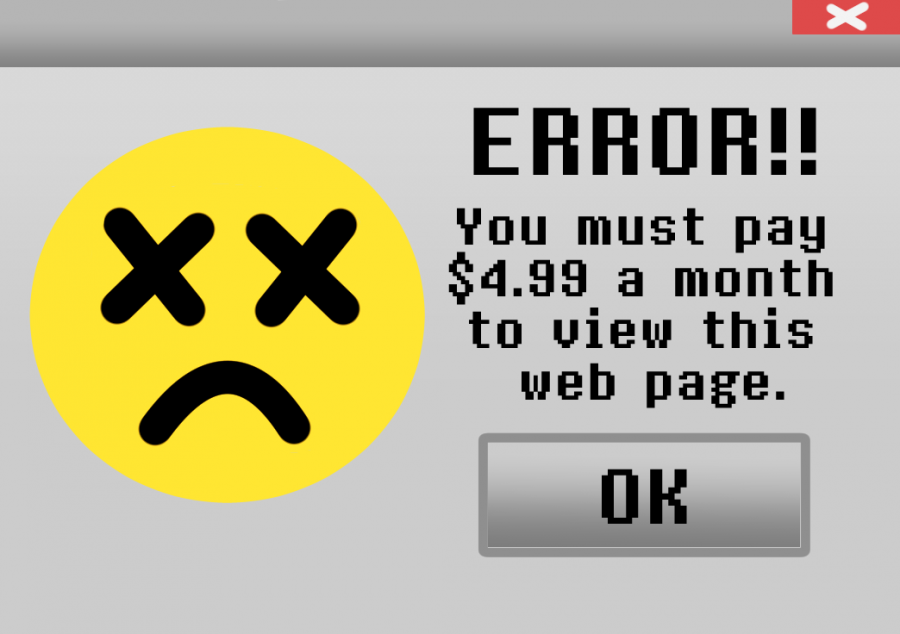Journal Address: Stay connected with net neutrality
December 19, 2017
Net neutrality is the basic idea that the internet should be an open platform to everyone and that it should be unregulated by internet providers. In the U.S., this is something that we’ve always had. If you pay for internet, then you have access to all of it.
Right now though, net neutrality has gone under attack. The regulations that the Federal Communications Commission (FCC) had put in place protected net neutrality, but now the new chairman of the FCC, Ajit Pai, has successfully swayed the vote to repeal these regulations as of Dec. 14. The rules that were put into place stopped internet providers from slowing down internet service, blocking users from websites or charging extra fees to access websites, according to the FCC. With these regulations being repealed, internet providers can now do whatever they please.
We, The Journal, feel that net neutrality needs to be kept. The internet is a vital part of everyday life now. It is used for communication, education, buying, selling and entertainment, just to name a few. Now, without net neutrality, the way we use the internet today may be completely changed and with that will be unexpected consequences.
As an example, one country that does not have net neutrality is Portugal. U.S. Representative Ro Khanna showed in a Tweet what Portugal’s internet looks like. This Tweet had a photo showing the customers that to access certain packages, which means groups of websites, they had to pay extra each month. These packages were grouped into things such as social media packages that include access to sites like Instagram, Twitter, Facebook and Snapchat. Other packages were labeled as messaging, emails and cloud, videos and music. If this were to become a reality in the U.S., the effects would be felt everywhere.
One of these effects may be felt in education today. Here at SHS, the internet is used in some way for almost every class. Without every website being accessible to every single student, the internet would no longer be a viable resource. Students would not be able to look up information for projects, use Google Docs to write essays, watch informational videos or do anything else involving the internet, because not every student would be able to pay for the access to every site. According to Education Week, in U.S. public schools, there is at least one electronic device used in learning for every five students. That means if internet access becomes restricted, many schools will have to go under major reforms in the ways they teach.
Businesses may feel the next effect now that net neutrality is lost. Today, 69 percent of new business owners start their businesses at home through the internet, according to Small Business Trends. So, an increasing amount of small businesses are using the internet as a platform to sell their products. Without the internet, in many cases these businesses would never leave the ground. If internet sites do start to become restricted because net neutrality is lost, then small businesses today will suffer. Only big name businesses would survive, because consumers will only want to spend money to go to the websites of companies they already know of.
Lastly, the way people take in information everyday will be affected. According to Pew Research Center, 59 percent of people read their news online. That means the majority of people find out about everyday events through the internet. If net neutrality is lost, internet providers can charge more just to find out basic everyday information, or even block you from finding this information.
By in large, doing away with net neutrality is huge mistake. Net neutrality protects people by letting them have access to every site as long as they pay for internet service itself. If it is done away with for good, people will have to pay more for something they use everyday for purposes like education, business and news, or they will be entirely blocked from sites that provide these for them, and we, The Journal, feel this is completely wrong. If you agree, and would like to make a change regarding the recent repeal, contact your local representative today and tell them your thoughts on net neutrality so they can represent you to the FCC.


